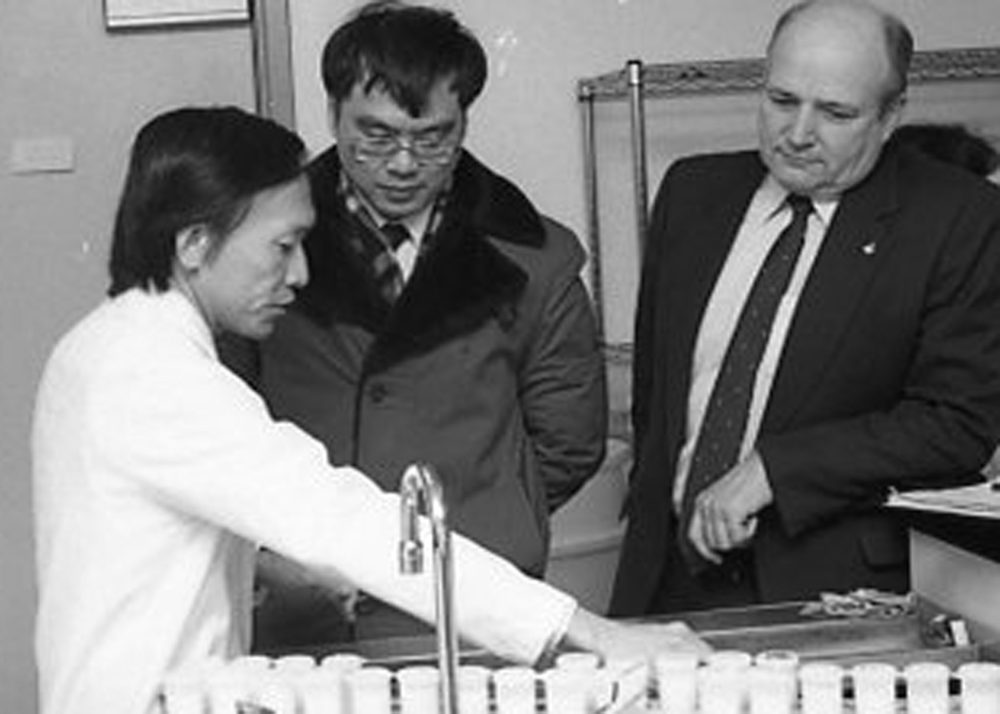COLUMN: Carillon Flashback: December 18, 1991 – Supply management system is threatened
Advertisement
Canadian farm leaders are concerned supply management systems for dairy and poultry, which have been in effect for two decades, will be threatened if the United States and the European Economic Community are allowed to develop world trade practices to meet only their interests.
Returning from a four-day trade mission to Geneva and Brussels, both Louis Balcaen, president of Dairy Farmers of Canada and Waldie Klassen, Canadian Chicken Marketing Agency chairman, expressed hopes there would be further support of the Canadian position on supply management in current General Agreement on Tariffs and Trade (GATT) talks.
Klassen said more and more agriculture leaders are recognizing the need for protection of farmers, although there is some dispute as to how to do it. United States and the European Community feel the best way to control imports is through comprehensive tariffs, Klassen said.

Article 11 of the World Trade Agreement recognizes the validity of supply management programs. While such programs exist in the dairy, egg and poultry sectors of Canadian agriculture, the GATT rule is available to all commodities and all countries.
Klassen points out that in the poultry sector, Canada is a net importer and exports of processed chickens have not been challenged with tariffs in the same way as dairy products, like ice cream and yogurt.
Canada’s balanced position has been well received and the Canadian government is very supportive of the agriculture sector. Klassen said. That government support has raised discussion of Article 11 and Supply Management to a major issue in current GATT talks.
Balcaen agreed the approach being proposed during current discussions falls short of the position advocated by Canada in the interests of all sectors of Canadian agriculture.
“We should not be expected to simply endorse a bilateral deal between the United States and the European Community.”
The working papers tabled by GATT general director, Arthur Dunkel, promote comprehensive tariffs and do not include strengthening or clarifying the GATT article recognizing the validity of Canadian supply management.
Supply management has been part of Canadian agriculture for more than two decades, with dairy producers in Ontario and Quebec launching the program in 1970.
In 1970, the National Milk Marketing Plan came into effect to control supply, with the federal government and the governments of Ontario and Quebec, the two largest provinces, signing on. By 1974, every province except Newfoundland had signed on.
Following dairy, a national supply management system was implemented for eggs in 1972; turkeys in 1974; chicken in 1978 and chicken hatching eggs in 1986.
Balcaen maintains the quota system for milk is the best way to ensure continued health of the dairy industry. If supply-management were dismantled, prices may fall initially, but as the number of producers and quantity of production shrunk, the price could not be expected to stay at lower levels.
The current GATT talks have already been extended by a year and this round is scheduled to conclude by the end of 1991.
